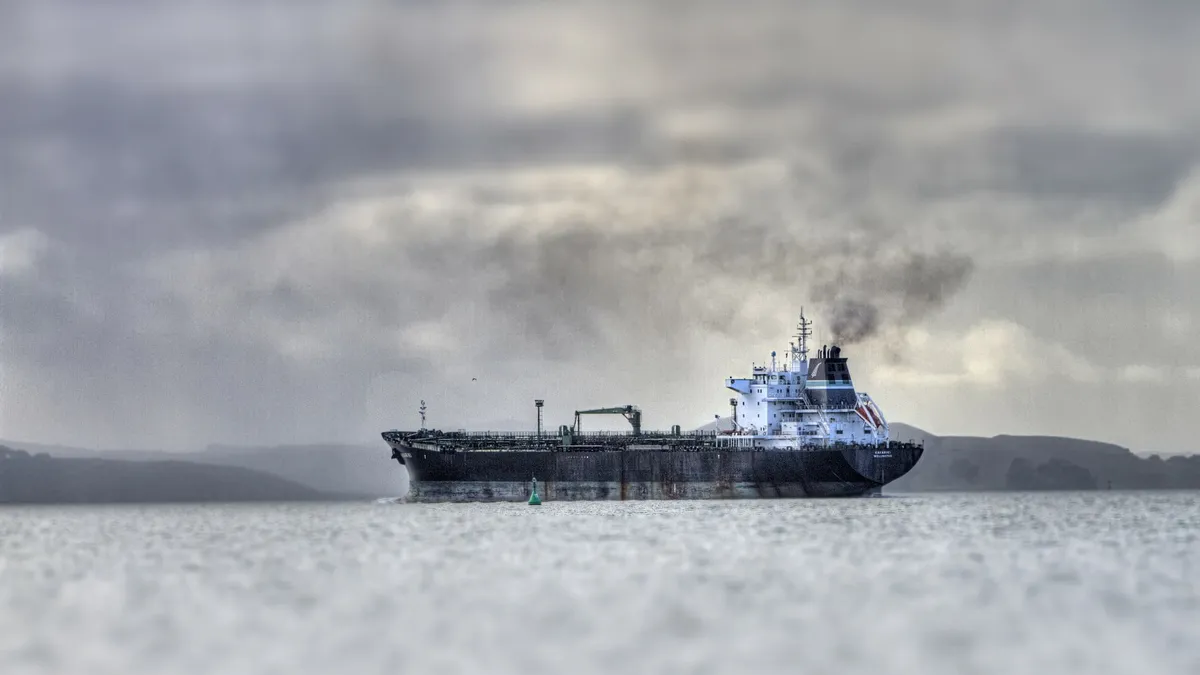Dive Brief:
- Eight companies signed the Ocean Conservancy's Arctic Shipping Pledge last week, promising to forgo shipping goods via the Northern Sea Route (NSR) out of concern for the environment.
- The new signatories are Allbirds, Artizia, Bureo, Hudson Shipping Lines, International Direct Packaging, Kuehne + Nagel, Puma and Ralph Lauren. They join ocean carriers including CMA CGM, Evergreen, Hapag-Lloyd and MSC; and retailers including Asos, H&M and Nike that signed on shortly after the pledge launched in 2019.
- The NSR between Europe and Asia is becoming increasingly navigable as polar ice melts due to climate change. Using the "short cut" can cut transit time by nearly 40% compared to traditional routes such as the Suez Canal.
Dive Insight:
Significant dangers remain for carriers that send goods via Arctic routes due to the distance from critical infrastructure and the difficulty of accessing cargo recovery or clean-up services if a ship is stranded or has an oil spill. "In the event of an accident, stranding, or oil spill, the impacts on sensitive ecosystems could be immense and could do permanent harm to communities’ subsistence way of life," the Ocean Conservancy said in its release.
Maersk, which has not yet signed the Arctic Shipping Pledge, has explored shipping goods via the Arctic in a partnership with Russia, which wants to create its shipping service on the NSR, as recently as June 2019. However, the carrier does "not currently see the Northern Sea Route as a viable commercial alternative to existing east-west routes," a Maersk press officer told Supply Chain Dive via email in August 2019.
The Ocean Conservancy advocates for firms to address sustainability in their operations as a whole along with avoiding Arctic sea routes. Ocean shipping accounts for 3% of global carbon emissions, according to the Ocean Conservancy.
For maritime carriers, compliance with IMO 2020 low-sulfur fuel regulations began Jan. 1 as a means to address pollution. The rule requires ships to either have scrubbers installed or switch to alternative fuels. The regulations have generated uncertainty around fuel supplies and prices, and could cost carriers up to an additional $11 billion in fuel costs this year, according to a Drewry analysis.
There are some signs these costs are being passed on to shippers with the increases varying widely between carriers, Drewry found.
In addition to complying with IMO 2020, carriers are responding to shipper and industry-wide demands for sustainable operations by shifting away from sulfur-based fuels. Some, including CMA CGM, are changing their fleets over to liquefied natural gas (LNG), or are developing plant-based fuels or electric battery systems such as Maersk is pursuing.













